The Carbon Sequestration Benefits of Agroecology
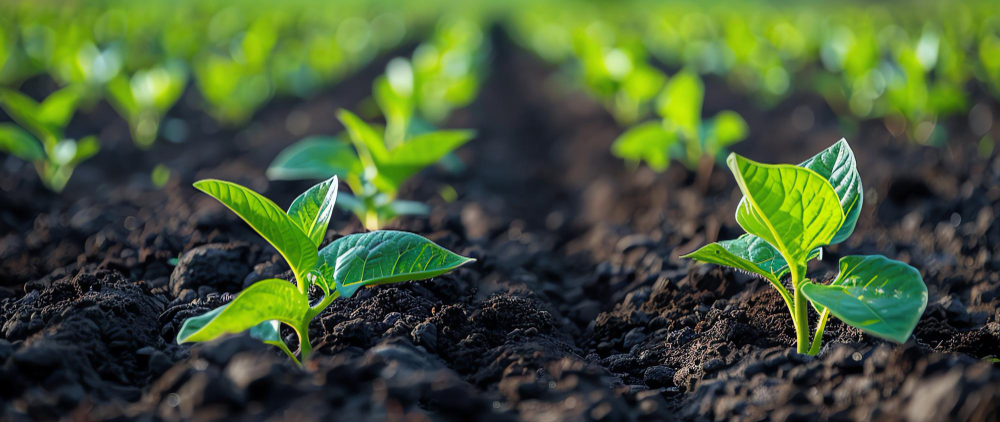
Agroecology, as a sustainable farming approach, offers significant benefits in enhancing carbon sequestration. By promoting diverse crop rotations, cover cropping, and reduced tillage practices, agroecology helps to build organic matter in the soil, which in turn aids in the storage of carbon. This not only contributes to mitigating climate change by reducing greenhouse gas emissions […]
The Future of Carbon Trading: What Farmers Should Expect

Many farmers encounter difficulties in navigating the complexities of carbon trading due to the lack of accessible information and guidance. Understanding the intricacies of carbon markets, verifying emissions reductions, and complying with regulations can be overwhelming for those unfamiliar with the process. Additionally, the initial investment required to implement carbon sequestration practices or adopt sustainable […]
Exploring Carbon Farming Policies Around the World
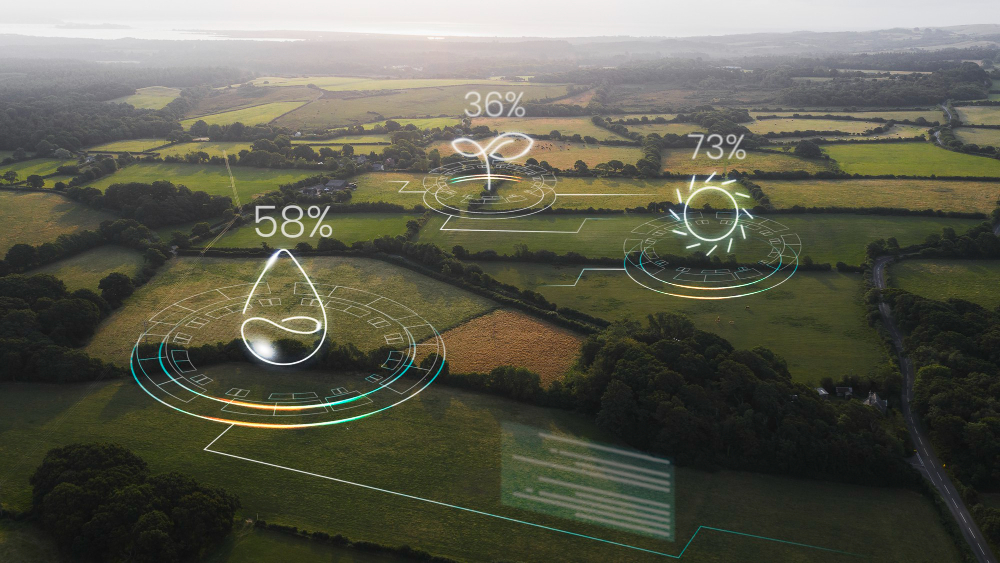
Carbon farming policies are designed to incentivize agricultural practices that sequester carbon dioxide from the atmosphere into the soil. These policies aim to mitigate climate change by promoting sustainable land management techniques that enhance carbon storage capacity on farmland. By implementing measures such as rotational grazing, cover cropping, and agroforestry, farmers can reduce greenhouse gas […]
Top 10 Global Markets for Carbon Offsets

The global carbon offset market has witnessed a significant uptick in recent years as organizations and individuals seek to mitigate their carbon footprints. With the growing concern over climate change, the demand for carbon offsets has been steadily increasing. This market encompasses a wide range of activities, from renewable energy projects to reforestation efforts, with […]
The Global Impact of Regenerative Agriculture
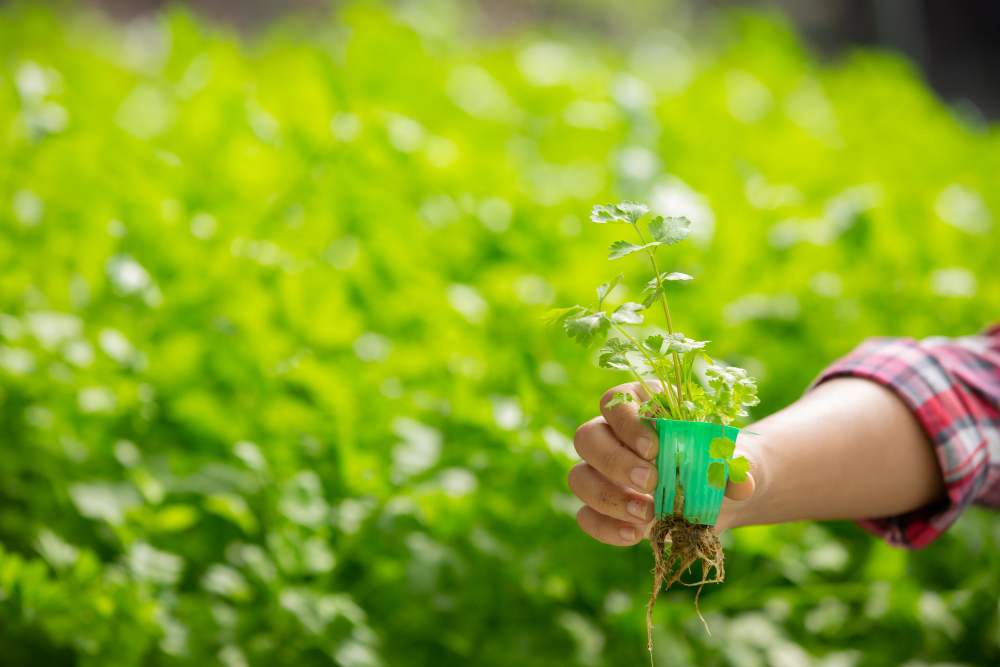
Regenerative agriculture offers a range of benefits that extend beyond individual farms to society as a whole. By focusing on enhancing soil health and biodiversity, regenerative practices promote long-term sustainability in farming. These methods also play a crucial role in combating climate change by sequestering carbon in the soil, thus reducing greenhouse gas emissions. Additionally, […]
Organic Farming and Carbon Sequestration: Is There a Connection?

Organic farming is a sustainable agricultural practice that avoids the use of synthetic pesticides, fertilizers, antibiotics, and genetically modified organisms. Instead, it relies on natural methods such as crop rotation, composting, and biological pest control to maintain soil fertility and control pests. Organic farmers prioritize soil health and biodiversity, aiming to produce food in harmony […]
Restoring Soil Fertility: How Regenerative Practices Increase Carbon Retention
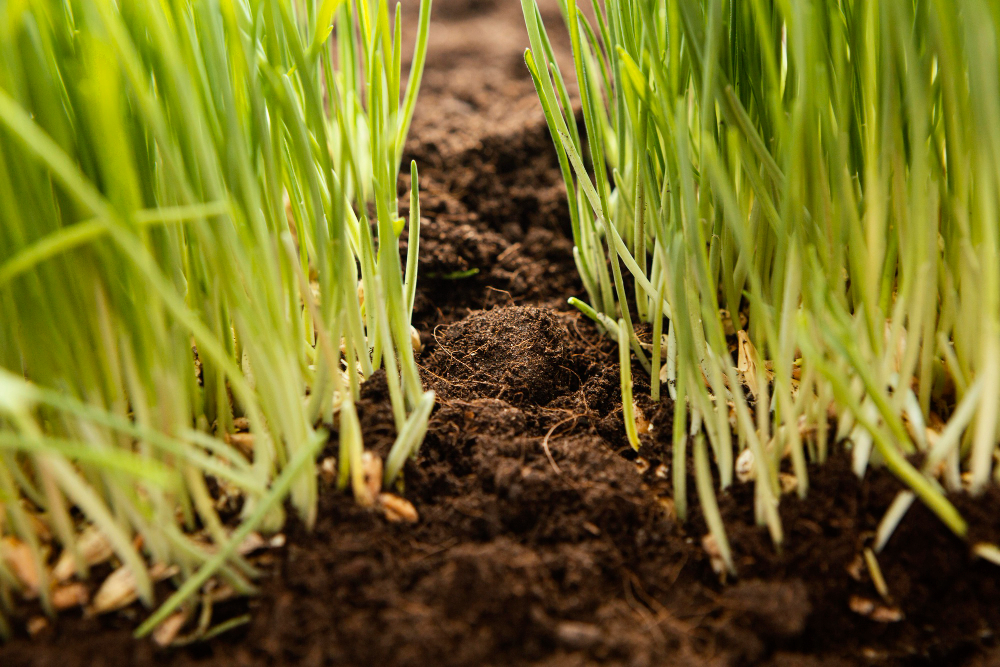
Soil health plays a crucial role in the retention of carbon within the earth’s ecosystems. Healthy soil teeming with diverse microbial life and rich organic matter has the capacity to sequester substantial amounts of carbon from the atmosphere. Through processes like photosynthesis and decomposition, plants and soil organisms help store carbon in the soil, preventing […]
Carbon Credit Opportunities for Indian Farmers
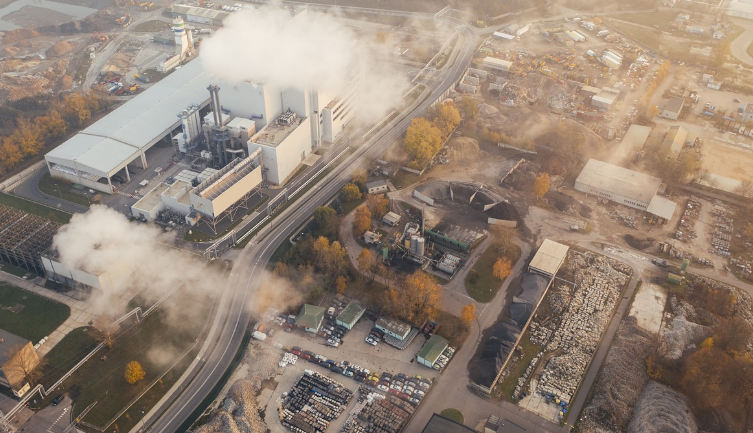
Carbon sequestration in Indian agriculture plays a crucial role in mitigating the impacts of climate change. One of the primary methods used by farmers is the adoption of conservation agriculture practices such as minimum tillage, crop rotation, and cover cropping. These practices help in enhancing soil organic carbon levels and improving soil structure, leading to […]
Regenerative Agriculture: How it Heals Degraded Lands

Regenerative agriculture offers a myriad of benefits that go beyond traditional farming practices. By focusing on restoring and enhancing the health of the land, this approach leads to increased soil fertility and structure, resulting in improved water retention and overall soil health. This, in turn, boosts crop resilience and reduces the reliance on chemical fertilizers […]
The Role of Pollinators in Regenerative Agriculture

Pollinators play a crucial role in regenerative agriculture by facilitating the reproduction of flowering plants, including many crops essential for human consumption. Without pollinators, such as bees, butterflies, birds, and other insects, the process of pollination would not occur efficiently, leading to decreased crop yields and lower biodiversity within agricultural systems. The presence of pollinators […]
